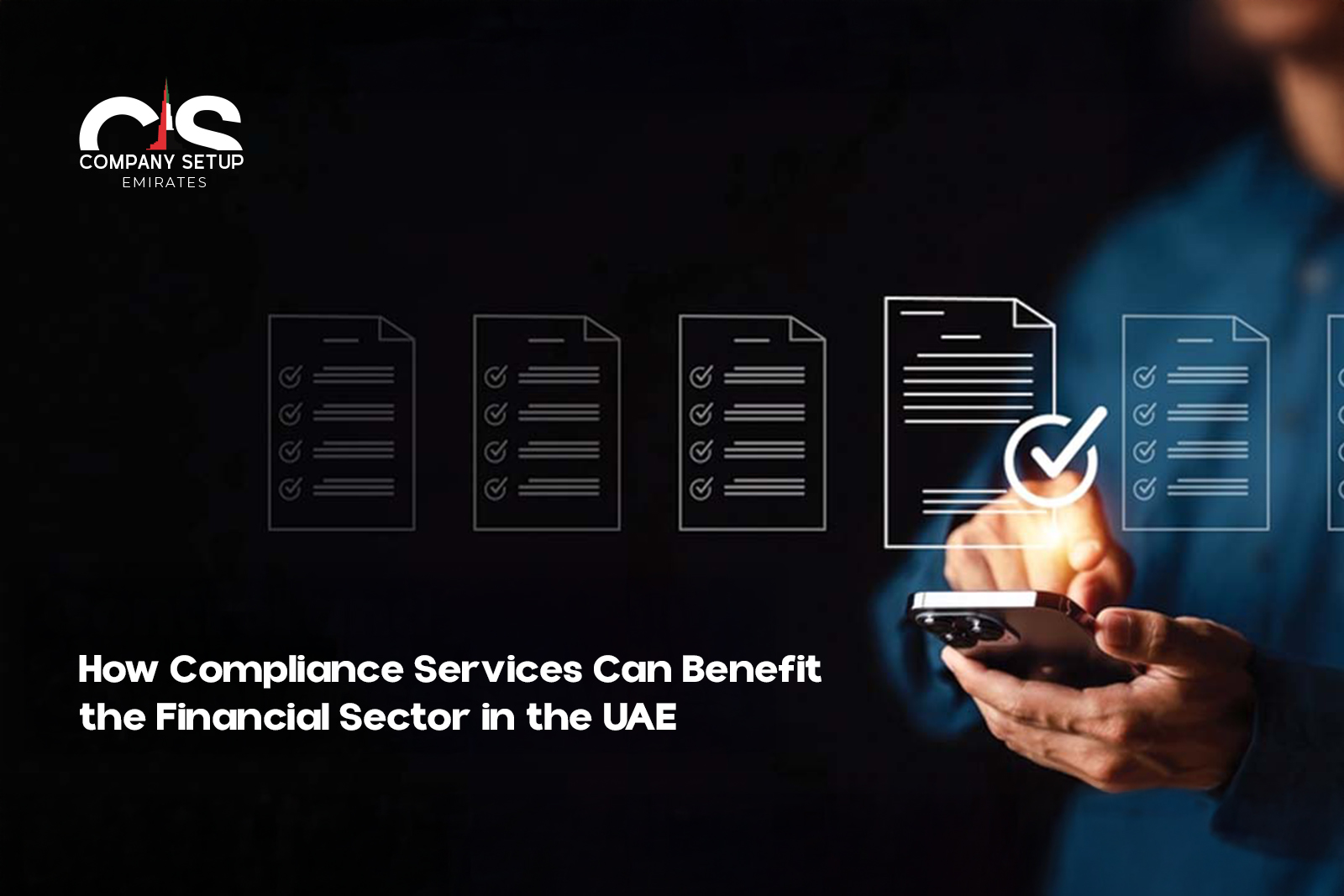Buying off-plan properties in Dubai can be an attractive investment opportunity, offering lower prices and flexible payment plans. However, it also comes with risks that investors must consider before committing. Understanding the legal framework, potential pitfalls, and protective measures under Dubai real estate laws is crucial to making an informed decision.

What Are Off-Plan Properties?
Off-plan properties refer to real estate projects that are sold before their construction is completed. Investors purchase these properties directly from developers based on blueprints and designs. While this investment can be highly profitable, it requires careful planning and due diligence.
Risks of Buying Off-Plan Properties in Dubai
- 1. Project Delays or Cancellations
Construction delays are common in the real estate sector. While developers provide estimated timelines, external factors such as economic downturns, financial issues, or unforeseen circumstances can push back completion dates.
- 2. Market Fluctuations
The real estate market is volatile, and prices may drop between the purchase and completion of the property. This can impact your expected return on investment (ROI) and reduce the property’s resale value. Investors should consider long-term market trends and seek expert opinions before deciding.
- 3. Quality Discrepancies
Since buyers invest based on brochures and floor plans, the final delivered property may differ in quality or specifications. Differences in materials, finishing, or space allocation can lead to dissatisfaction. To mitigate this risk, buyers should visit showrooms, ask for material samples, and ensure clear contractual agreements on quality standards.
- 4. Legal Complications
Not all developers adhere to strict guidelines, and some may fail to meet their obligations. If a dispute arises, resolving legal issues can be time-consuming and costly. Ensuring that your contract is reviewed by a legal professional and understanding Dubai real estate laws can help safeguard your interests.
- 5. Financial Risks
If a developer faces financial instability, they may be unable to complete the project. Even if you have paid a significant amount, you might struggle to recover your investment in such cases. This is why RERA requires funds to be deposited in escrow accounts to prevent developers from misusing buyer payments.
Legal Aspects of Buying Off-Plan Properties in Dubai
- 1. Dubai Real Estate Laws and RERA Regulations
The Real Estate Regulatory Authority (RERA) governs off-plan property transactions. Developers must register projects with RERA and comply with regulations to ensure investor protection. Dubai real estate laws require developers to deposit funds into an escrow account, which safeguards buyers’ payments.
- 2. Payment Plans and Escrow Accounts
All payments made toward off-plan properties must go through RERA-approved escrow accounts. This ensures that developers use funds strictly for construction purposes, minimizing the risk of fraud or mismanagement. Buyers should check RERA’s website to confirm that a project is registered before making payments.
- 3. Legal Documentation and Contracts
Buyers should review their Sale and Purchase Agreement (SPA) carefully. The SPA should outline project timelines, payment schedules, compensation clauses, and cancellation policies. Seeking legal counsel before signing can help prevent future disputes. Additionally, the contract should specify the quality of materials, the handover process, and any penalties for non-compliance by the developer.
- 4. Compensation for Delays
Under Dubai real estate laws, developers must compensate buyers in case of unjustified delays. Investors should verify the compensation terms in their contracts to protect their interests. Buyers should also be aware that they can file complaints with RERA if the developer fails to meet deadlines.
- 5. Resale and Assignment Rules
Some buyers may wish to sell their off-plan property before completion. However, developers often impose restrictions on assignment or resale. Understanding these terms beforehand is crucial for those considering short-term investments. Some projects require buyers to pay a percentage of the property price before allowing resale, so it’s essential to clarify the developer’s policy upfront.
Pro Tips
- Research the Developer: Check the developer’s past projects, financial health, and reputation before investing.
- Consult a Legal Expert: Seek professional advice to review contracts and identify potential risks.
- Monitor Project Progress: Stay updated on the construction progress and communicate with the developer for transparency.
- Visit Show Units: If possible, inspect a model unit to understand the quality and layout of the final product.
- Be Cautious of Promotional Offers: Developers may offer incentives such as free furniture or post-handover payment plans—ensure these do not come at the expense of property quality or increased prices.
FAQs
What are the legal protections for buyers when buying off-plan properties in Dubai?
RERA regulations ensure developers place buyers’ funds in escrow accounts, reducing the risk of fraud. Additionally, contracts include compensation clauses for delays and legal provisions for dispute resolution.
How can I ensure my off-plan property is delivered on time?
Researching the developer’s track record and monitoring project progress can help mitigate delays. Ensuring the contract includes a compensation clause for delays also provides added security.
What happens if a project is revoked?
If a project is revoked, RERA oversees the refund process. Buyers can claim refunds from the escrow account, although the process may take time.
Can I sell my off-plan property before completion?
Yes, but it depends on the developer’s policy. Some projects allow assignments, while others have restrictions. Always check the terms before investing.
What is the role of escrow accounts in Dubai real estate transactions?
Escrow accounts hold buyers’ funds and ensure developers use them strictly for construction. This reduces financial risks and increases transparency in transactions.
Conclusion
Buying off-plan properties in Dubai offers excellent investment potential, but it also carries risks that require careful consideration. Understanding Dubai real estate laws, researching developers, reviewing contracts, and seeking legal advice can help mitigate these risks.
While the market offers lucrative opportunities, investors must remain diligent in verifying legal compliance, monitoring project progress, and securing their rights through well-drafted agreements. By following due diligence and staying informed, investors can make confident and secure property investments in Dubai.






